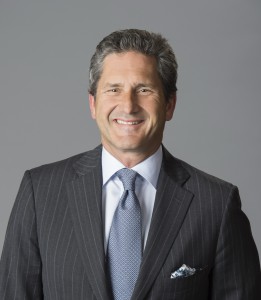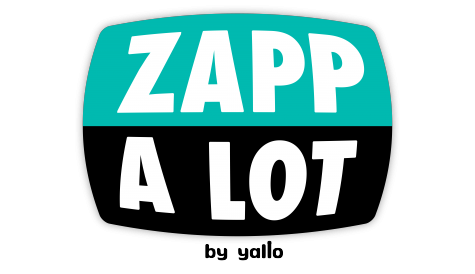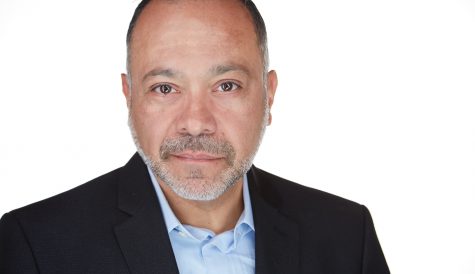
After more than 40 years of operation, DTVE is closing its doors and our website will no longer be updated daily. Thank you for all of your support.
Liberty Global’s Fries: 5G could be ‘bad dream’ for operators
Bearing the cost of investing in 5G could turn out to be a ‘bad dream’ for operators, with the business case still uncertain, according to Liberty Global CEO Mike Fries.

Liberty Global CEO, Mike Fries
“For many operators, 5G could be a bad dream,” said Fries, speaking at the Mobile World Congress in Barcelona, with the incredible cost of building networks weighing heavy on operators.
“Operators are nervous about how to make the economics work”, he said.
Industrial and enterprise applications are the real “near term opportunity” for next-generation connectivity and 5G, said Fries. For consumers he argued that 5G will be evolutionary, primarily meaning faster broadband.
Fries said that Liberty was taking a cautious approach because there is a lot of uncertainty about the business model, with downward pressure on mobile prices a reality in many of its markets. “Consumers in Europe want more for less but operators are in a tough spot.”
European mobile remains ultra-competitive, with multiple MNOs and MVNOs in each market. “The pure fragmentation of the industry is a real challenge for operators and there needs to be consolidation, which will ultimately be better for the allocation of capital.”
Fries said that to make the most of new opportunities, there is a need for “less regulation, not more”. He said regulators had to “back off” to enable operators to make a return on investment.
He claimed that video could be the killer consumer app for 5G, citing the figure that 60% of mobile traffic already consists of video. “That’s why in some cases we need to be vertically integrated and in some cases aligned with content providers,” he said.
However, Fries added the caveat that this vertical integration would best be considered on a market-by-market basis, and said he saw the AT&T Time Warner merger, greenlit yesterday by the US Federal Appeals Court, as essentially defensive.
He said that Liberty had launched converged products in markets such as Belgium, but had also just launched a new set-top-less product that bundled connectivity with video. “People are going to consume so much bandwidth that fixed will be very important.”
Fries also admitted that Liberty was “making some decisions about exiting” some of its European operations at MWC, without elaborating. The company has recently sold its operation in Austria to T-Mobile, its DTH operation to M7 Group, is in the process of securing approval for the sale of its German and CEE operations to Vodafone and is in talks for the sale of its Swiss operation with local player Sunrise.
5G scepticism
Speaking on the same panel as Fries at MWC, Hatem Dowidar, CEO Etisalat International, endorsed the Liberty Global exec’s scepticism about 5G, saying that operators “have just got 4G in emerging markets and we need to get some return on that before we get to 5G”.
Dowidar said that 5G would be significant in certain markets, but it was important to get the most out of 4G networks that have in many cases only recently been put in place. He said Elisalat in the UAE and Saudi Arabia was rolling out 5G. However, in other markets it is still pushing ahead with 4G, where it has spectrum and a market to reach.
“We need to balance the two,” he said. “I think services are also going to vary. In some markets you barely have the road infrastructure to have self driving cars. And it doesn’t make sense to have a technology where the handset is going to cost two years of income.”
Also speaking on the panel, Andrew Penn, CEO, Telstra, said the return on capital employed by the global telecom industry was “pretty poor” and it was important to get technology upgrades right. However, he said he was optimistic the industry could get it right with 5G. “5G is arriving at the same time as other technologies are reaching maturity…and that creates the opportunity,” he said. “We have to see it as an opportunity to turn around the future of the industry.”
For Telstra, the 5G business case stacks up because of the demand for capacity. Penn said he was less concerned about finding use-cases, which would be decided by customers, but about packaging and pricing the solution for customers. “We have to think differently about how we engage with customers to realise the benefit,” he said. This could involve sharing the risks and benefits with customers, particularly where it comes to supposed benefits of 5G such as low latency.
Penn said that industrial applications including, in Australia’s case, automation in extractive industries, would likely provide the initial use cases for the technology. He also said that telcos had to change their culture and become less bureaucratic and hierarchical in order to bring in new software expertise and adjust to the coming wave of change.


